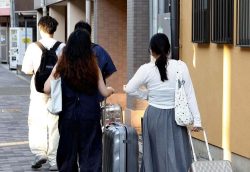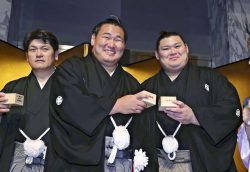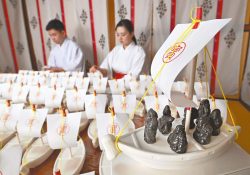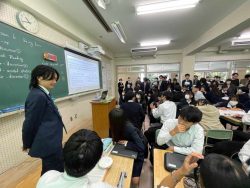14:21 JST, December 12, 2020
People aged 75 or older with a certain level of income will have to bear a heavier burden in fees paid at hospitals. The government must build a sustainable social security system while carefully seeking their understanding.
The government has decided to raise the percentage of out-of-pocket payments paid at medical institutions by elderly people who are 75 and older from 10% to 20%, for single-person households with an annual income of ¥2 million or more. The government aims to pass a related bill in next year’s ordinary Diet session.
Elderly people in this age bracket are currently charged 10% of the total cost of medical treatment, in principle, and only those with incomes equivalent to those of working age are charged 30%. To create a system in which the burden is not based on age but on the ability to pay, it is of great significance that people in the age bracket with moderate income will pay 20%.
In 2022, the large baby-boom generation will begin to turn 75. The structure of benefits being provided mainly to the elderly and the burden being borne mainly by the working-age population needs to change to one in which all generations support each other.
Coordination among the government and the ruling parties hit a snag over the annual income levels that would see an increase in the burden. Prime Minister Yoshihide Suga intended to set the threshold at ¥1.7 million or more, but junior coalition partner Komeito insisted on ¥2.4 million. After a meeting between the prime minister and Natsuo Yamaguchi, the head of Komeito, ¥2 million was agreed upon.
The government intends to take mitigation measures to limit the rise in payments for outpatient treatment to ¥3,000 per month for three years after the introduction. To a certain extent, this will avoid situations in which elderly people are concerned about the increased burden and refrain from receiving proper medical treatment.
The timing of the increase is scheduled for between October 2022 and March 2023, likely out of consideration for the possible impact on the House of Councillors election to be held in the summer of 2022.
A reserve paid into by the working-age population is used to pay for medical care for elderly people. Even with the latest change, the burden on the working-age population is expected to only be reduced by about ¥800 per person per year.
With the aging of the population and the increasing sophistication of medical treatment, medical costs are expected to continue to grow. The latest reform is only the first step. The government and the ruling and opposition parties need to continue to deliberate on the future of the system through Diet discussions of the bill and on other occasions.
The government has put forward the idea of “social security for all generations,” and it has been working to create an environment that allows people to work until the age of 70 and to expand the coverage of employees’ pension programs. However, the need for nursing care and child-rearing support is high, and many issues must be addressed.
There will be a limit to how much the government can review benefits and burdens with limited financial resources. In order to ensure stable operation of the social security system in the future, a further increase in the consumption tax rate, which is borne by all generations, is inevitable. This needs to be considered from a long-term perspective.
— The original Japanese article appeared in The Yomiuri Shimbun on Dec. 12, 2020.
"Editorial & Columns" POPULAR ARTICLE
-

Violations of Subcontract Law: Major Automakers Must Eliminate Old Practices
-

Local Governments’ Tax Revenues: Devise Ways to Correct Imbalances in Tax Sources
-
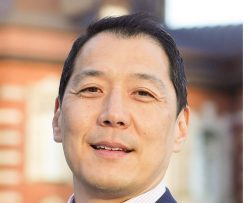
5 Japanese Business Dinner Mistakes to Avoid — and What They Taught Me About Business in Japan
-

Heavy Rains in Asia: Support for Victims, Flood-Control Measures Urgently Needed
-

Rice Coupons: A Misguided Approach to Countering Rising Prices
JN ACCESS RANKING
-

Tokyo Economic Security Forum to Hold Inaugural Meeting Amid Tense Global Environment
-

Keidanren Chairman Yoshinobu Tsutsui Visits Kashiwazaki-Kariwa Nuclear Power Plant; Inspects New Emergency Safety System
-

Imports of Rare Earths from China Facing Delays, May Be Caused by Deterioration of Japan-China Relations
-

University of Tokyo Professor Discusses Japanese Economic Security in Interview Ahead of Forum
-

Japan Pulls out of Vietnam Nuclear Project, Complicating Hanoi’s Power Plans


